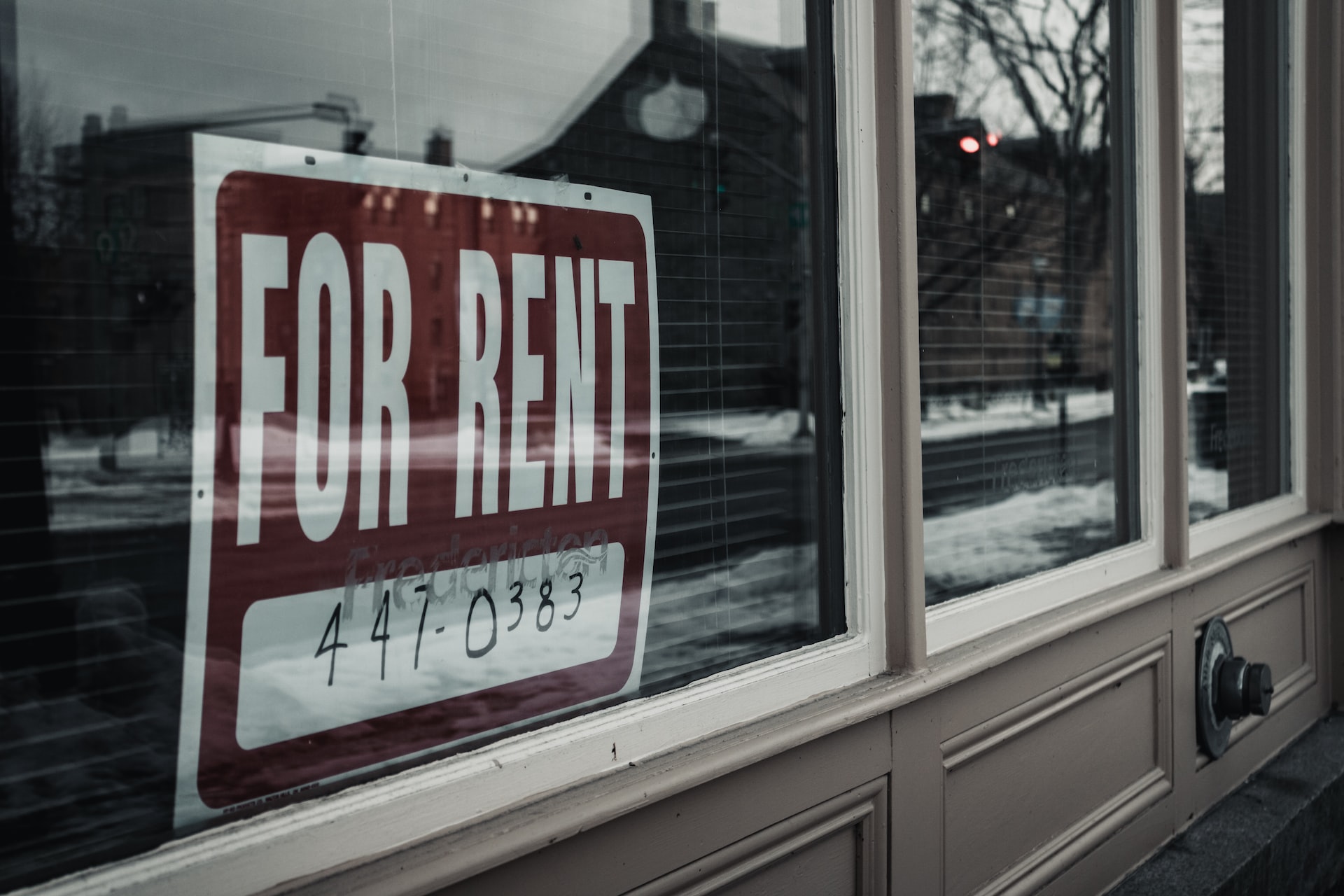A lease is a legal agreement between a landlord and a tenant, outlining the terms and conditions of a rental property. The lease agreement typically covers details such as the rental term, rent amount, security deposit, and other pertinent information. Both parties are expected to abide by the lease agreement’s terms throughout the rental period.
However, circumstances may arise that require tenants to break a lease and leave a rental property early. Such reasons may include job relocation, financial hardship, or personal emergencies. In such situations, tenants must understand the lease agreement’s terms and the legal implications of breaking a lease.
Breaking a lease agreement can result in negative consequences for the tenant, such as damage to their credit score and legal penalties. Therefore, it is essential to understand the proper steps to take when breaking a lease agreement and leaving a rental property early.
Table of Contents
- Review the Lease Agreement
- Reasons for Breaking a Lease
- Legal Obligations
- Communicate with Landlord
- Lease Termination Options
- Moving Out
- Final Thoughts
Review the Lease Agreement
Before breaking a lease agreement and leaving a rental property early, tenants must review the lease agreement’s terms and conditions. Understanding the lease agreement can help tenants determine the policies for breaking the lease early and the consequences for doing so.
Understanding the lease agreement and its terms
The lease agreement is a legal contract that outlines the terms and conditions of the rental property. Tenants must read and understand the lease agreement before signing it. The lease agreement typically covers details such as the rental term, rent amount, security deposit, pet policies, and maintenance responsibilities.
Determining the lease agreement’s policies for breaking a lease early
Most lease agreements have policies for breaking the lease early. Tenants must review the lease agreement to determine the policies for breaking the lease early. Some lease agreements may require tenants to provide a specific notice period before breaking the lease, while others may allow tenants to break the lease early but require them to pay a penalty fee.
Reviewing the lease agreement’s consequences for breaking the lease early
Breaking a lease agreement can have consequences for the tenant. The lease agreement may outline the consequences of breaking the lease, such as damage to the tenant’s credit score and legal penalties. Tenants must review the lease agreement to understand the consequences of breaking the lease and determine the best course of action.
Reviewing the lease agreement is an essential step before breaking a lease agreement and leaving a rental property early. Tenants must understand the lease agreement’s terms and policies for breaking the lease early and review the consequences of doing so. By doing this, tenants can make informed decisions and minimize negative consequences.
Reasons for Breaking a Lease
While tenants are typically obligated to fulfill the terms of their lease agreement, certain circumstances may arise that require them to break the lease early. However, it’s important to distinguish between acceptable and unacceptable reasons for breaking a lease.
Acceptable reasons for breaking a lease
Some of the most common acceptable reasons for breaking a lease include job relocation, medical emergencies, financial hardship, or personal safety concerns. For example, if a tenant is offered a new job in another city or state, they may need to break their lease early to move. Similarly, if a tenant has a medical emergency or financial hardship, they may no longer be able to afford their rental unit and need to break their lease.
Unacceptable reasons for breaking a lease
On the other hand, there are several unacceptable reasons for breaking a lease. For instance, a tenant may not break a lease simply because they found a better rental property or because they dislike their neighbors. Likewise, breaking a lease to avoid paying rent or because of a disagreement with the landlord is not an acceptable reason for doing so.
While there are acceptable reasons for breaking a lease, tenants must understand that not all reasons are valid. It’s important to weigh the circumstances and determine whether breaking the lease early is necessary and legitimate. If unsure, tenants can seek legal counsel or communicate with their landlord to determine the best course of action.
Legal Obligations
Breaking a lease early can have legal implications for both tenants and landlords. Understanding the legal obligations involved can help tenants make informed decisions and avoid negative consequences.
Legal implications of breaking a lease early
When a tenant breaks a lease early, they are in breach of the lease agreement. This means they have violated the terms of the contract and can face legal consequences. The landlord may have the right to pursue legal action to recover any unpaid rent or damages to the rental property. The tenant may also lose their security deposit and may be responsible for additional fees or penalties.
Additionally, breaking a lease can negatively impact a tenant’s credit score, making it difficult to secure future rental agreements or loans. It can also affect their rental history and reputation, potentially making it harder to find a new rental property.
Consequences for failing to meet legal obligations
If a tenant fails to meet their legal obligations after breaking a lease, they may face additional consequences. For example, if a tenant fails to pay any owed rent or fees, the landlord may report the delinquency to credit bureaus, leading to a negative impact on the tenant’s credit score.
In some cases, a landlord may also take legal action to recover any unpaid rent or damages. This may involve filing a lawsuit or taking the tenant to court. Additionally, the tenant may be responsible for the landlord’s legal fees, which can add up quickly.
Breaking a lease early can have legal implications for both tenants and landlords. Tenants should be aware of their legal obligations and the potential consequences of breaking a lease early. If unsure, tenants should seek legal counsel or communicate with their landlord to determine the best course of action.
Communicate with Landlord
When a tenant needs to break a lease early, it’s important to communicate with their landlord or property management company. Clear communication can help both parties understand their rights and obligations, avoid misunderstandings, and reach a mutually beneficial solution.
Importance of communication with the landlord or property management company
Communication is key when it comes to breaking a lease early. Tenants should notify their landlord or property management company as soon as possible if they need to leave before the end of their lease term. This can help the landlord find a new tenant quickly and avoid lost income.
Additionally, tenants should be transparent and honest about their reasons for breaking the lease. This can help build trust and lead to a more positive outcome. It’s also important for tenants to understand the landlord’s perspective and any concerns they may have.
Notifying the landlord of intentions to break the lease early
When notifying the landlord of their intentions to break the lease early, tenants should review the lease agreement and determine the appropriate notice period. Some leases require a certain amount of notice, such as 30 or 60 days, while others may not have any specific requirements.
Tenants should also provide a written notice of their intention to break the lease, outlining their reasons and the proposed move-out date. This can help ensure that all parties are on the same page and can help avoid misunderstandings or disputes.
Negotiating lease termination terms with the landlord
In some cases, tenants may be able to negotiate lease termination terms with their landlord. For example, the landlord may be willing to waive penalties or fees if the tenant helps find a new tenant to take over the lease. Alternatively, the landlord may be willing to negotiate a reduced buyout fee or early termination fee.
It’s important for tenants to be respectful and professional when negotiating with their landlord. They should also be prepared to offer solutions and be open to compromise.
Clear communication with the landlord or property management company is important when breaking a lease early. Tenants should notify their landlord in writing, provide their reasons for breaking the lease, and be prepared to negotiate termination terms if possible.
Lease Termination Options
When a tenant needs to break a lease early, there are several potential options for terminating the lease before the end of the lease term. These options may vary depending on the specific lease agreement, local laws, and the landlord’s policies.
Potential options for terminating the lease early
One option for terminating a lease early is to negotiate a lease buyout agreement with the landlord. This agreement typically involves paying a fee or penalty to terminate the lease early. The amount of the fee or penalty may be specified in the lease agreement or may be negotiated between the tenant and the landlord.
Another option is to reach a mutual termination agreement with the landlord. This may involve negotiating the terms of the termination, such as the amount of notice required or any penalties or fees. If both parties agree to the terms, the lease can be terminated early without further legal action.
Subletting the rental unit
Subletting the rental unit is another option for terminating a lease early. This involves finding another tenant to take over the lease for the remaining lease term. The original tenant remains responsible for the lease obligations and any damages or unpaid rent.
Before subletting the rental unit, tenants should review the lease agreement and obtain the landlord’s permission. Some leases may prohibit subletting or may require the landlord’s approval before a sublease can be signed.
Assigning the lease to someone else
Assigning the lease to someone else is similar to subletting, but it involves transferring the lease to another tenant for the remaining lease term. The original tenant is typically released from all lease obligations and responsibilities once the lease is assigned.
As with subletting, tenants should review the lease agreement and obtain the landlord’s permission before assigning the lease. The landlord may require a credit check or other screening process before approving the new tenant.
There are several potential options for terminating a lease early, including negotiating a buyout agreement, reaching a mutual termination agreement, subletting the rental unit, or assigning the lease to someone else. Tenants should review the lease agreement and local laws to determine the best course of action and obtain the landlord’s permission before taking any action.
Moving Out
Once a tenant has reached an agreement with the landlord to terminate the lease early, it’s time to prepare for moving out of the rental unit. Here are some steps to take to ensure a smooth and successful move-out process:
Preparing for moving out
Before moving out, tenants should review the lease agreement and local laws to ensure they understand their obligations and responsibilities. This may include providing notice to the landlord, paying any outstanding rent or fees, and ensuring the rental unit is clean and undamaged.
Tenants should also start planning for the move-out process, including scheduling a moving company, packing belongings, and arranging for transportation.
Cleaning the rental unit and returning the keys
Once all belongings have been removed from the rental unit, tenants should thoroughly clean the unit to ensure it’s ready for the next tenant. This may include cleaning appliances, floors, windows, and bathrooms.
Tenants should also remove any personal belongings and dispose of any trash or debris.
Before leaving, tenants should return all keys to the landlord or property management company. It’s important to obtain a receipt or confirmation of return to avoid any disputes or claims of lost keys.
Conducting a final walkthrough with the landlord
Before leaving the rental unit, tenants should conduct a final walkthrough with the landlord or property manager to ensure everything is in order and there are no disputes or issues.
During the walkthrough, the landlord may inspect the unit for damages or cleanliness and may provide a checklist or document to confirm the condition of the unit. Tenants should review and sign any documentation provided by the landlord to ensure there are no disputes or claims of damage or unpaid rent in the future.
Preparing for moving out, cleaning the rental unit, and conducting a final walkthrough with the landlord are important steps to take when breaking a lease early. By following these steps and ensuring all obligations and responsibilities are met, tenants can minimize the risk of disputes or legal action in the future.
Final Thoughts
Breaking a lease and leaving a rental unit early can be a complicated and stressful process. However, by understanding the lease agreement, communicating with the landlord, and meeting legal obligations, tenants can minimize the risk of disputes or legal action.
It’s important to note that breaking a lease early can have legal and financial consequences. Tenants may be required to pay rent for the remaining lease term, forfeit their security deposit, or even face legal action.
Therefore, it’s recommended that tenants explore all available options and seek legal advice if necessary before breaking a lease early.In summary, breaking a lease and leaving early can be a challenging process, but by following these guidelines and being proactive, tenants can minimize the risk of negative consequences and successfully transition to their next living situati

Meds is an attorney currently residing on the East Coast, where he practices law. While his primary focus lies in criminal law, he also has experience in family and personal injury law. His legal background enables him to navigate a variety of legal challenges and provide comprehensive assistance to his clients.





